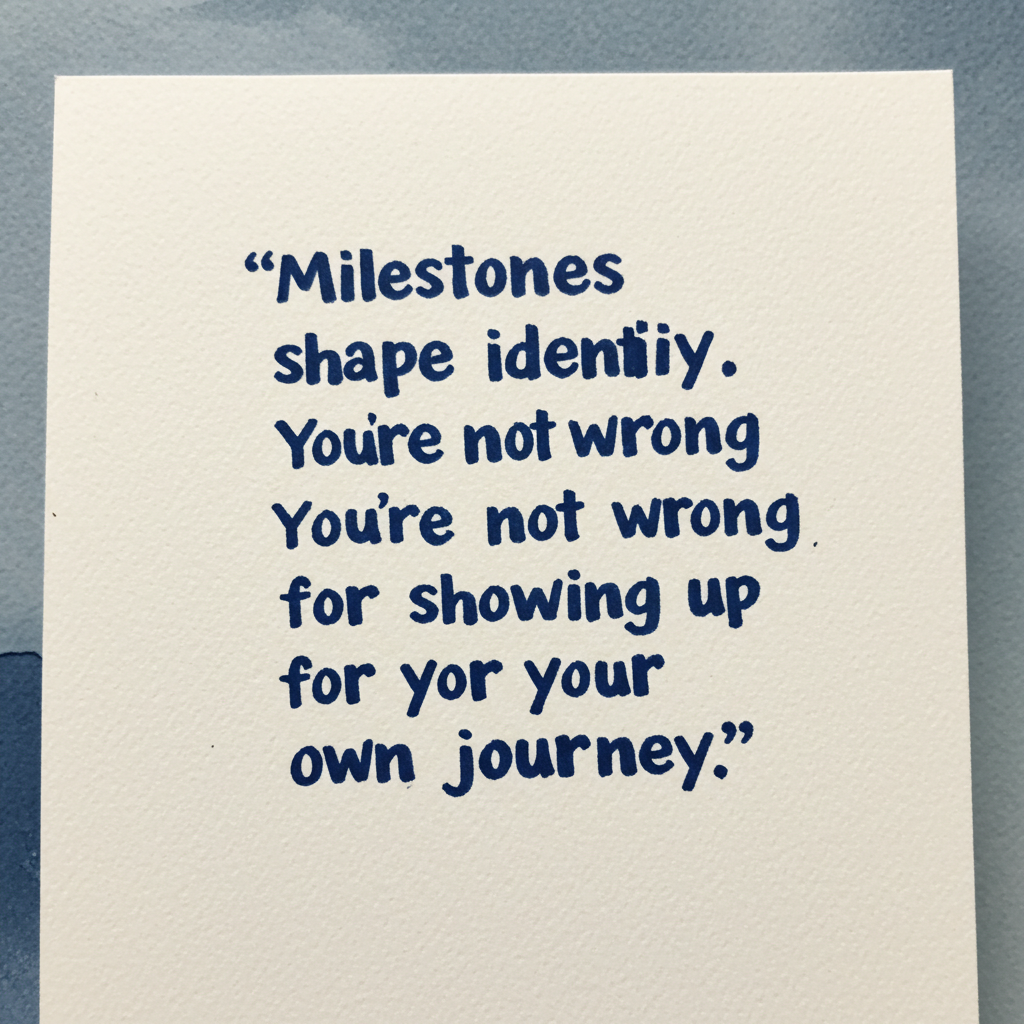Am I the Jerk for Skipping My Sister’s Wedding Because She Scheduled It on My Graduation Day?
Family events are rarely simple to navigate—especially when two major milestones clash. That’s the awkward and emotional dilemma one Reddit user recently shared in the AITAH community, when their sister planned her wedding on the same day as their long-awaited college graduation.
The result? Hurt feelings, divided relatives, and a viral debate on whether choosing to skip a sibling’s big day makes you selfish—or justified.
The Dilemma: One Date, Two Life-Changing Events

The Original Poster (OP) shared that they had been working toward their college degree for years, overcoming financial setbacks and personal struggles. Their graduation was not just a ceremony—it was the culmination of years of effort, and the first time anyone in their immediate family would earn a degree.
But then came the twist: OP’s older sister announced her wedding date—and it landed squarely on the same day as OP’s graduation ceremony.
OP was shocked. They brought it up, hoping the date might be moved. The sister, however, insisted that all vendors were booked, the venue was paid for, and it was too late to change anything.
When OP said they would be attending their graduation and skipping the wedding, all hell broke loose.
Priorities and Perspectives: Graduation vs. Wedding

A Once-in-a-Lifetime Moment for Both
While weddings and graduations are both special milestones, they represent very different things. OP argued that their graduation was a personal achievement they had sacrificed a lot for. Meanwhile, their sister’s wedding—though important—could have been scheduled differently, especially since the date hadn’t been set far in advance.
From OP’s perspective, asking them to skip graduation was unfair. From the sister’s side, not attending the wedding was seen as selfish and disrespectful.
Family Expectations Can Create Guilt

After OP confirmed they wouldn’t be at the wedding, family members began piling on the guilt. Their parents accused them of prioritizing a “ceremony” over “family,” and some aunts and cousins called them cold and unsupportive.
But Reddit users were quick to point out that expecting someone to skip their own major life event—just to accommodate someone else’s—is not only unfair, but dismissive of what that event represents.
Emotional Fallout: When Boundaries Feel Like Betrayal

Is It Wrong to Say “No” to Family?
One of the most debated points in this story is whether it’s ever acceptable to put personal needs ahead of family obligations. In this case, OP wasn’t refusing to attend out of spite—they were simply prioritizing their own milestone.
Yet, in many families, especially tight-knit or traditional ones, saying no can be viewed as betrayal, no matter how valid the reason.
Standing Your Ground Doesn’t Make You the Villain
Many commenters pointed out that OP was being pressured into compliance, not compromise. They didn’t ask their sister to cancel her wedding—just to understand that they had a prior commitment that mattered deeply to them.
The AITAH community largely agreed: setting boundaries is healthy. Refusing to sideline your own achievements for someone else’s timeline doesn’t make you the villain.
Could There Have Been a Better Solution?

Communication Could Have Prevented the Clash
Some users speculated that better communication early on might have helped. Had OP shared their graduation date sooner—or had the sister checked before booking—the whole situation might have been avoided.
That said, the responsibility to coordinate major dates doesn’t fall solely on one person. In this case, both parties may have missed an opportunity to communicate early and clearly.
Attending Part of the Wedding as a Compromise?
A few commenters suggested that if the wedding and graduation were close enough in time or location, OP might have been able to attend part of both events. But OP clarified that the wedding and graduation were in different cities, making it logistically impossible.
In the end, OP had to choose—and they chose themselves.
What the AITAH Community Decided

Reddit’s judgment was firm: Not the jerk.
Top comments included:
“You worked for that degree. It’s your moment. You don’t owe anyone an apology for showing up for yourself.”
“She could’ve picked another day. Weddings aren’t assigned like doctor appointments.”
“Family that tries to guilt-trip you into skipping your graduation doesn’t respect your hard work.”
Many also noted that weddings are often about appearances and expectations, whereas graduations mark a deeply personal journey. It’s not about being selfish—it’s about being seen.
Final Thoughts: You’re Allowed to Choose Yourself

Family drama can bring out strong emotions, especially when events collide. But milestones like graduations and weddings are deeply personal. They’re not just about celebrations—they’re about journeys, achievements, and identity.
In OP’s case, choosing to attend their graduation wasn’t a betrayal. It was a powerful act of self-respect.
And if family can’t support that? The issue isn’t with the graduate.



